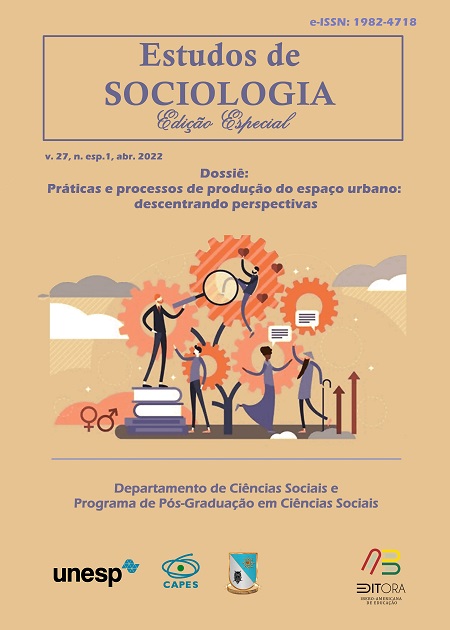Segregated urban experiences
Housing places, trajectories and personal networks of blacks and whites in São Paulo-SP
DOI:
https://doi.org/10.52780/res.v27iesp1.15820Keywords:
Segregação Residencial, Raça, Trajetórias, Redes pessoaisAbstract
Based on a critique of the ways in which the notion of residential segregation has been operationalized, we propose an approach that reveals to what extent the separation of residences is associated with differentials in social integration and access to the city based on the mapping of paths and places frequented by individuals in the city space and in the spatialization of their personal networks of relationships. We demonstrate that, to the extent that blacks and whites are residentially segregated, their personal networks and places are also segregated. Our results highlight the role of urban space in constituting barriers to the integration of blacks into the middle classes. Furthermore, we argue that the Middle and upper classes organize themselves as status groups whose boundaries are strongly based, not only on racial characteristics, but also on urban space (inhabited and frequented).
Downloads
Published
How to Cite
Issue
Section
License

À revista Estudos de Sociologia ficam reservados os direitos autorais pertinentes a todos os artigos nela publicados.
Os artigos publicados e as referências citadas na revista Estudos de Sociologia são de inteira responsabilidade de seus autores.
A Estudos de Socilogia utiliza a licença https://creativecommons.org/licenses/by/4.0/ (CC BY), que permite o compartilhamento do artigo com o reconhecimento da autoria.



